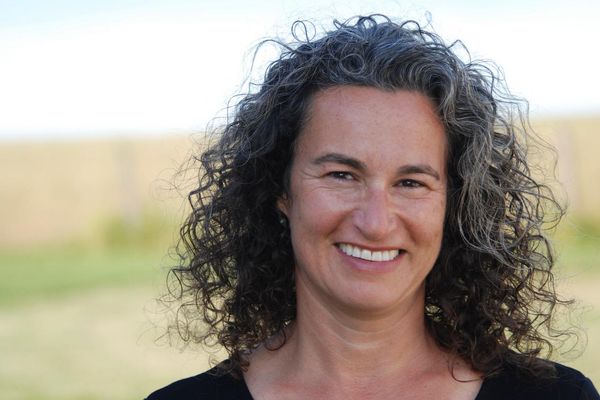Q:
I didn't get my period for the first time ever. I'm 48. I'm almost positive I'm not pregnant. Should I go to my ob/gyn and talk about menopause?
A:
First, take a home pregnancy test. Believe it or not, you can still get pregnant at your age. In fact, your fertility doesn't end until you reach menopause—the day you've gone 12 consecutive months without a period. If you are not pregnant and you miss more than one period, it is probably a good time to talk to your doctor about menopause. The average age of menopause in the United States is about 51, although often a woman can have irregular periods for many months before the final one. Just because you skipped one period doesn't mean that you're in menopause.
Many midlife women don't know they can still get pregnant as they near menopause. One study found that midlife women who were sexually active but didn't get pregnant falsely assumed they were infertile. Even some doctors apparently give the wrong advice. In focus groups with midlife women conducted by researchers from the University of Oregon and the Oregon Research Institute, several women in their 40s told the researchers that their health care providers said they didn't need contraception because they were perimenopausal. In another study of 55 women, just 55 percent said their doctors ever discussed sex with them once they turned 40.
Such misconceptions are part of the reason for high rates of unintended pregnancy among midlife women. In the United States, for instance, 38 percent of pregnancies in women 40 and older are unplanned. Of those unplanned pregnancies, 56 percent end in abortion.
So you have at least two reasons to meet with your health care professional: to discuss birth control for the rest of your reproductive life; and to talk about the menopausal transition. Your doctor can conduct some blood tests to evaluate where you are in terms of menopause, but time is the best test. As noted earlier, you'll know you are there on the day that 12 consecutive months have passed without a period. Be sure to review with your health care professional health screenings and other health care needs you may have as you approach menopause.







